The eastward foreign policy approach
Iran and Foreign policy are intertwined with the JCPOA. It got everyone riled up both in 2015 when it was signed and in 2018 when the US unilaterally pulled out. But then in March 2021 Iran signed a 25-year strategic treaty with China.
And now it has acceded as full member to the Shanghai cooperation organization. Its request for an upgrade from observer member was accepted in September after a wait of some 15 years. That’s hardly coincidence. Iran has foreseen the importance of balancing its foreign policy concessions and gains, by extending diplomatic and trade ties eastward.
You can never be sure of an exam result. But you do your best to prepare. And Iranian politicians of the new government seem satisfied they will get expected results with their new foreign policy direction of leaning to the east.
The country’s overall foreign policy strategy will remain the same. That is because foreign policy objectives are generally decided at the Supreme National Security Council (SNSC) where just a half of its ten members are represented by the president and his Cabinet members.
And the present government is not abandoning what has been set in motion before. It’s just adopting a policy of “pivot to the east” rather than the west, by watering seeds sown and casting a firm net wider.
Well obviously, the former government and those that came before it, more attention was paid to foreign policy, especially trans-regional issues. But as Mr. Raeisi’s government takes office, it appears that they don’t want to employ the same formula, as it didn’t bring any noticeable result for the country. Therefore, by appointing Mr. Amir-Abdollahian as Iran’s Foreign Minister, who the parliament rightfully voted for, Mr. Raeisi is pursuing bilateral and multilateral relations with different countries.
Mohammadreza Shojaian, Journalist
What has caused the prioritizing of regional and Asian ties over ultra-regional ties looking west?
For one thing, the west hasn’t been a reliable partner, at least where the United States has come into the equation, primarily since 2018. And it does come into the equation.
Secondly it’s not a good idea to put all your eggs in one basket, an accusation with which the principalists now in power have been bombarding the former moderate government for some time.
Why is it more important to expand regional ties rather than ultra-regional ties?
Economic diplomacy, in my view, is very important, as it has been discussed in both governments, the same is true for Mr. Raeisi’s government but more important is whether this approach is based on real opportunities or only a perceived sense of opportunity which takes time to translate into reality.
In Mr. Raeisi’s government, what Mr. Amir-Abdollahian is mentioning is closer to reality. For one thing, the focus is directed at neighboring countries.
They are Iran’s markets. Even under the most severe economic sanctions, we maintained our economic transactions with countries like Iraq and Afghanistan.
Masoud Barati, Analyst, International Affairs
This is not to say the west will be excluded from the equation. That would depend on how the Vienna talks go. However, Russia, one of two major players in the Shanghai Cooperation Organization, the other being China, is replacing Germany as Iran’s European trade partner for technical equipment.
What economic potentials do our neighbors have which have been forgotten so far?
Iran has 15 neighbors. This means that we have independent trade opportunities with at least 15 countries. If we take into account the second layer of Iran’s neighbors, the opportunities would be much more than this.
There’s a 500-million-strong market around Iran. This creates a great opportunity for Iranian products. Statistically speaking, the region is earning 1-point-2 trillion dollars in foreign trade. But Iran’s share in the figure is about some 2 percent. In our opinion, that could be greatly improved.
Abolfazl Amoui, National Security and Foreign Policy Committee Spokesperson
The UAE has been challenging Iran in competing to become an International transit hub. Now this is while Iran is both on the east-west as well as the north-south transit corridors. Actually while Iran meets the high seas in the south directly with its Chabahar port, just as in the case of the Caspian Sea in the north, it borders 5 countries.
Iran is trying to break the sanctions by changing its foreign policy leanings. Do you think it’s going to work or do you see us in the end coming to terms with the western powers?
Iran is located at the center of China’s BRI. Also, the north-to-south corridor passes through Iran to reach India’s western ports and connect them to north Asia. Furthermore, Iran has a unique position as it connects to Europe through Turkey, Azerbaijan, and Armenia. At the same time, Iran is cooperating with resistance countries like Iraq, Syria, and Lebanon which is creating a new route connecting Iran to the Mediterranean Sea. These all attest to Iran’s unique geographical position.
Abolfazl Amoui, National Security and Foreign Policy Committee Spokesperson
The Caspian Sea, which is the world’s largest lake, has an area of 380,000 square kilometers, and 6,500 kilometers of coastline. And as it sits on the borders of several countries, it includes several major transportation corridors such as the North-South corridor, the Caspian Sea-Black Sea corridor, and Trans-Caspian corridor, while playing a pivotal role in other new routes and emerging corridors.
Abdollah Jafari, director of international agreements in the Ports and Maritime Organization (PMO) of Iran pointed to the existence of more than 20 international ports and terminals in the Caspian littoral states, specifying:
“Caspian littoral ports, with a total operating capacity of about 140 million tons and having 300 active vessels, including the Russian fleet with 150 vessels, the Iranian fleet with 60 vessels and three other countries with a total of 90 vessels have a high capacity to develop maritime trade relations in the region.”
Iran is focusing on economic multilateralism, its trade strategy has been shaped by three drivers: the desire to reduce dependency on western sources of technology as well as promote trade among Islamic nations, technocratic priorities (securing modern technologies and investments for key industries such as petroleum, telecoms and automotive industries) and the desire to reduce the country’s vulnerability to external sanctions via a resistance economy.
The former administration said plenty on a resistance economy and the present government insists on taking that forward.
The principle that the government of the Islamic Republic of Iran is pursuing is that negotiation and diplomacy should be focused on reaching a specific result, which in my opinion will not happen without addressing past mistakes.
The JCPOA is an agreement that has been violated by the US once by simply walking out of it. If no effort is made to address this shortcoming, if the US government and other signatories to the deal don’t propose a mechanism to solve this problem and won’t offer any guarantees about it, a possible new deal wouldn’t be that effective at all.
Masoud Barati, Analyst, International Affairs
What do you think of Iran’s new foreign policy leanings?
The newly formed 13th government has introduced its foreign policy goals. Among other things, it announced that it will focus on Iran’s neighbors and would emphasize strengthening the country’s economic diplomacy.
Also on the new government’s foreign policy agenda is taking a new look at Asian powers and at the same time, pursuing balanced diplomacy, based on which Iran would establish balanced relationships with Asian, European, African, and American countries.
Abolfazl Amoui, National Security and Foreign Policy Committee Spokesperson
As a sign of how important business is to this administration President Raisi made his first campaign event a meeting with the principals of the Chamber of Commerce.
The goal of a resistance economy is to promote domestic capacity building, including expanding Iran’s export potential. It absolutely does not mean isolating the country from the global economy. In fact, from the signing of the JCPOA to gaining full member status with the Shanghai Cooperation Organization, Iran’s efforts have been to join up with at least one economic bloc.
A world in Geopolitical transition
A combination of various factors has generated a trade strategy, which was formulated in 2019. The plan accounts for targeted import substitution and an expansion of trade with immediate neighbors, including Russia and the Eurasian Economic Union (EEU).
The objective was to double the value of exports sent to 15 immediate neighbors by March 2022, while reducing reliance on Western sources of technology by diversifying import sources.
The approach of balanced diplomacy, which is being followed in the thirteenth government and is also accepted in the parliament, is not a denial of the West.
It simply means that every country or geographical region is given opportunities by Iran according to how much they are willing to cooperate with Tehran.
Right now, the opportunity for cooperation between Iran and Asian countries is greater than ever.
Abolfazl Amoui, National Security and Foreign Policy Committee Spokesperson
To generate much needed direct foreign investment, Iran expressed a desire to enter into long-term strategic partnership agreements with China and Russia.
Be it a change of direction in foreign policy or implementing plans that were already in place, the Raeisi government is not in for an easy ride. But the horizon provides happy motivation.
China has made great strides in the field of commercialized technologies, changing from a copycat in the field of technology to an innovator and owner of the technology.
Take 5G telecom tech, for example, an advanced technology that was the basis of China’s dispute with the US. This has made working with China an immense asset.
Those who work with China say the country is an ocean of equipment and technology and there’s nothing you’re after that you won’t find there. Russia is also advanced in military matters, including aerospace technology.
Masoud Barati, Analyst, International Affairs
Spanner in the works
Unfortunately, in recent years, the US government and the White House have made every effort to disrupt Iran's diplomatic relations in various ways. We believe that this has happened at times if we have a realistic view of this issue. But our friends in the Ministry of Foreign Affairs, the cabinet, and the government are not sitting idle, and good things will definitely happen. This includes strengthening the axis of resistance, which today has become an integral part of the region.
Mohammadreza Shojaian, Journalist
Talking of “economic multilateralism” and broader relations with the world, particularly neighboring countries, this was jump-started importantly by Iran’s ascension to the SCO.
Addressing the 21st SCO Summit in Dushanbe the Tajik Capital, President Ebrahim Raisi who assumed office on 3rd August 2021 said:
“The combination of the Eurasia and One Road-One Belt initiatives can be an objective realization of this approach, and the vast potential of the Islamic Republic of Iran in terms of geopolitics, population, energy, transportation, human resources, and most importantly spirituality, culture and civilization can cause a significant stimulus to this outlook.”
As for who will find himself where in relation to Iran, the West doesn’t appear happy about its lot!
Having failed to hold their end of the bargain with the JCPOA or nuclear deal in lifting sanctions off Iran, the West has had to watch as Iran pivots eastward!
And, Western powers have been trying to portray the Iran-China 25-Year Cooperation Program as a win-loss accord with Iran at the losing end.
They do realize that the agreement will defuse the impact of US embargos and the need for Iran to hold onto Europe.
In fact the New York Times reported that the Iran-China deal covering a quarter of a century, is a big blow to the hostile maximum pressure of the Trump administration against Iran, and that it can become a new center of tensions between the US and China.
The developments that have taken place in recent years have been in the field of economics. That is, we are seeing sweeping changes in the international economy.
We’re witnessing China's increasing growth and access to advanced technologies. This shift in economic power from the West to the East of the world brings changes that can create opportunities for us, although we must pursue them with our eyes wide open.
I believe that the most detrimental move you can make is to have implicit trust and focus on the outside. But in the current state of affairs, I believe China will become a new power in the new world order.
Masoud Barati, Analyst, International Affairs
China has also been challenging US foreign policy by buying crude oil from Iran and Venezuela two countries boycotted by the US.
But the west only has itself to blame, as China and Russia were the first JCPOA parties to recognize the lifting of the arms embargo on Iran, based on UNSC Resolution 2231, which endorsed the JCPOA or joint comprehensive plan of action.
This pact was between Iran and the 5 permanent UN Security Council members plus one, namely, the US, UK, France, Russia, China and Germany. The US unilaterally pulled out leaving Iran with the P4+1.
Of course, this hasn’t been a path that’d lead to our terminating cooperation with Europe. But the Westerners had made commitments in the JCPOA to pave the way for Iran to enjoy the economic benefits of the deal.
But the illegal US withdrawal from the accord and Europe’s inaction and negligence didn’t allow Iran’s trade ties with the West to improve. They’ve missed this opportunity.
Abolfazl Amoui, National Security and Foreign Policy Committee Spokesperson
The US also has a new president, Joe Biden, who came in giving the world fresh hope. He could have issued executive orders to lift at least some of the sanctions against Iran the day he took office on 20 January. But he didn’t.
The US and the West at large seem to be under the illusion further pressure will get Iran to concede and appeal to western powers for relief. But Iran will not stop at anything short of a guarantee from the US and west.
In general, international imperialism will never remove the sanctions, at least not altogether, because it opposes the philosophy of the Islamic Republic of Iran.
Because they haven’t fulfilled their interests and greed in the region and can’t see them as long as the Islamic Republic of Iran is in power. This has been made clear: they won’t lift the sanctions.
There were some positive developments during the golden days of the Obama administration, but as we saw, they reneged on their promises. As the former head of the Atomic Energy Organization of Iran said, they went back on their word; that’s why they can’t be trusted.
Mohammadreza Shojaian, Journalist
Referring to the US maximum pressure sanctions Iran is still under, Iranian Ambassador and Permanent Representative to International Organizations in Vienna, Kazem Gharibabadi, said: “one should not expect if anyone slaps on the right cheek, we should turn to him the other side as well …
… The extraterritorial dimensions of the US sanctions, which are in contradiction with international law, prevented even its European friends from implementing their commitments.”
This is while all 15 quarterly reports of the Director General up to May 2018, and for a year after, clearly stated that Iran was in full compliance with the terms stipulated under the JCPOA.
Finally, after a whole year of the persistent non-implementation of the deal by the US, Iran used its rights under the provisions of the JCPOA itself, to introduce an incremental policy of partially ceasing implementation of its commitments under the deal.
And even then, the Agency was able to verify and monitor the steps Iran was taking in that regard.
In the same vein, after about two and a half years of continued proliferation of US economic sanctions, on 2nd December 2020, the Iranian Parliament passed a law which required the Government to stop the implementation of all verification and monitoring activities beyond Iran’s Safeguards Agreement concluded with the IAEA (CSA).
After the cowardly assassination of Mr. Fakhrizadeh last year, the parliament passed a law that obliged the government to stop all inspections beyond the safeguards agreement by March 2021.
That was a gesture from the Islamic Republic of Iran in the framework of the nuclear deal. But when the Western signatories don’t honor their obligations, logic dictates that the other side would also reduce its commitments.
But to give diplomacy a chance, considering that the Biden administration had just taken office and had expressed willingness to return to the deal, something we’ve realized isn’t very true, Iran and the IAEA reached a deal.
Masoud Barati, Analyst, International Affairs
Opportunities abound in the east
China is now Iran's primary trading partner and other countries in the Eurasian region have become Iran's new partners, who are receiving new attention in our foreign trade.
But as long as the other side is not ready to improve the economic and trade situation with Iran, they should not expect Iran to wait for them. There are more than 200 countries in the world, each of which is seen as an opportunity to enhance cooperation.
These opportunities in Asia, Iran-China cooperation and those in the ASEAN and our neighbors used to be potential in the past but have now been actualized.
Abolfazl Amoui, National Security and Foreign Policy Committee Spokesperson
All these efforts have stirred little western action, however; hence Iran’s veering away from the west to include more of the east for the long haul, in easing tensions with other regional players such as Saudi Arabia.
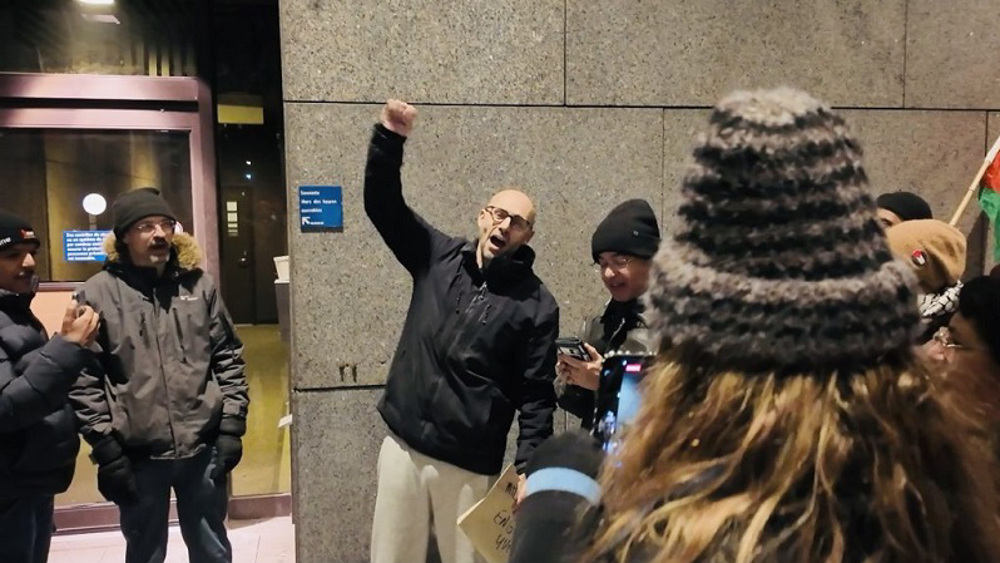
Canadian Zionist Lawfare against opponents of Gaza genocide
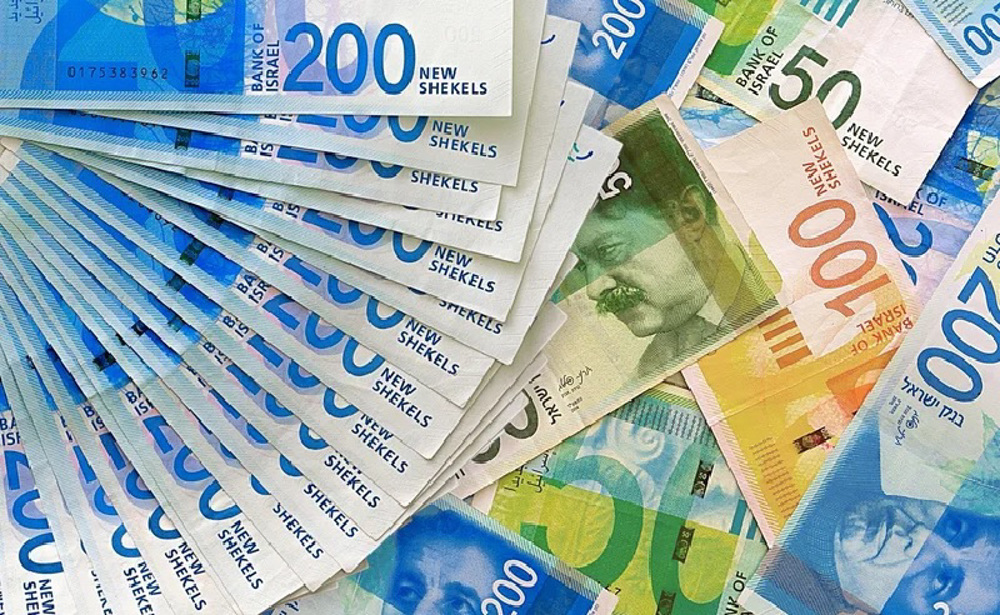
Israel's banking crisis
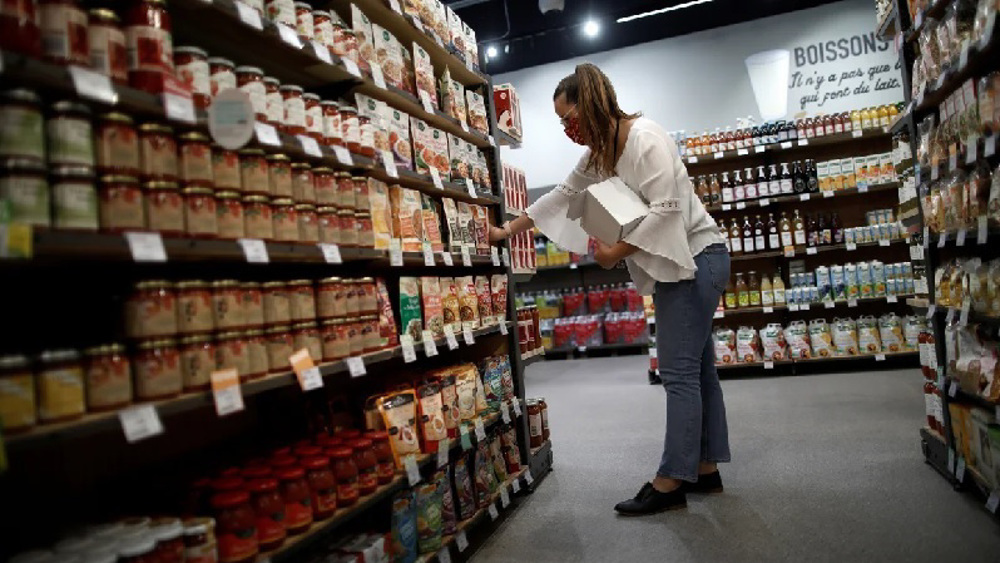
European preparedness strategy
Germany set to deport four foreign pro-Palestine protesters
VIDEO | No more bakeries working in Gaza as Israeli blockade shuts down all entries to territory
Hind Rajab Foundation to file legal action ahead of Netanyahu’s planned trip to Hungary
VIDEO | Iran marks Islamic Republic anniversary
Russia warns of ‘catastrophic’ consequences if US attacks Iran
No such thing as ‘military option’ let alone ‘military solution’ to nuclear issue: Iran
Iran VP opens privately-owned $150 mln hotel in north Iran
Iran urges IAEA to take a clear stance against threats to its nuclear facilities


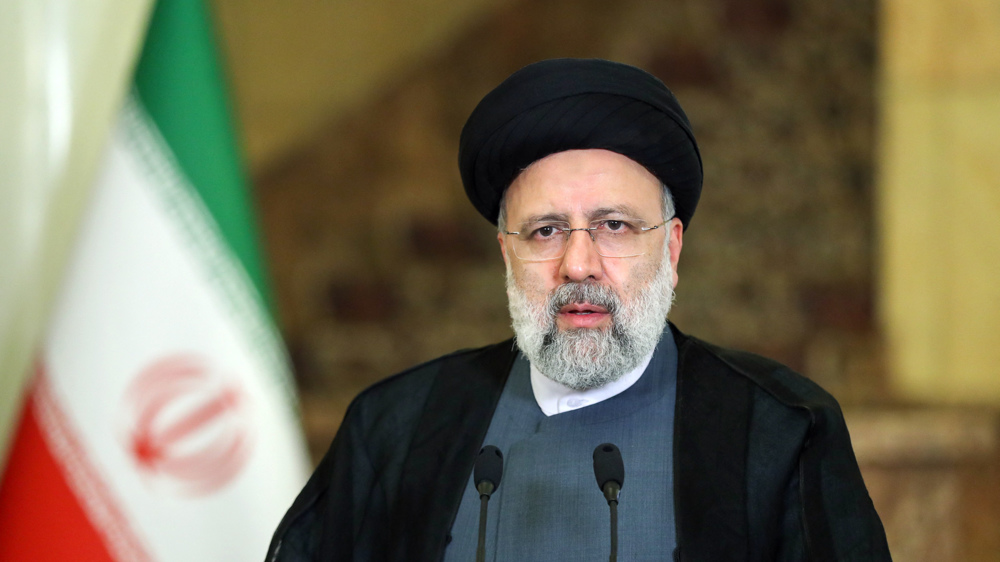
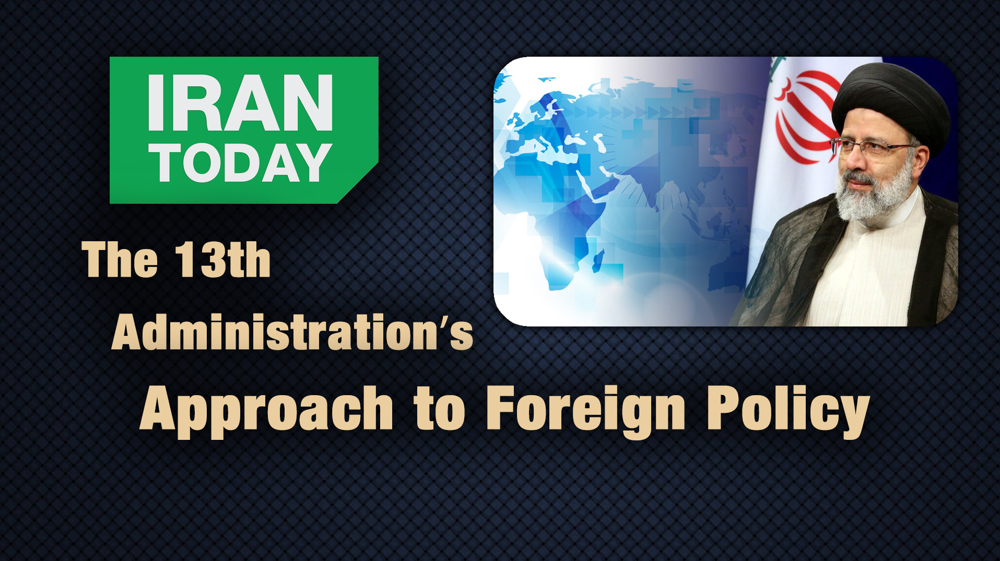
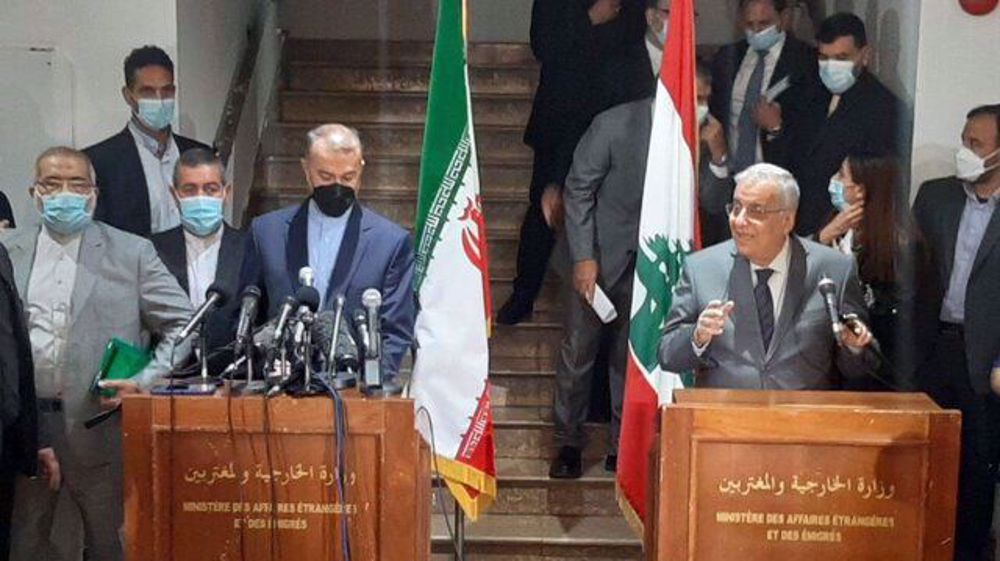
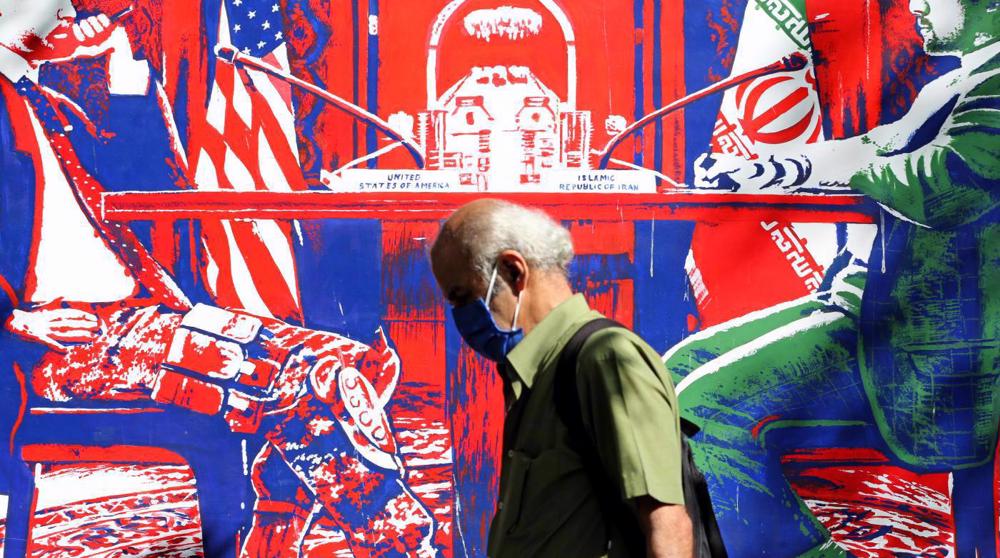
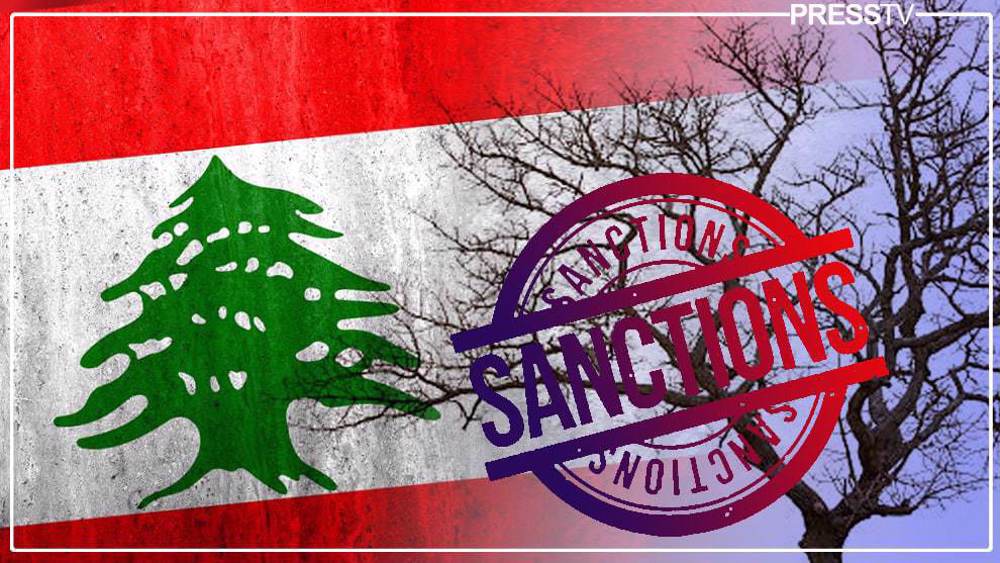
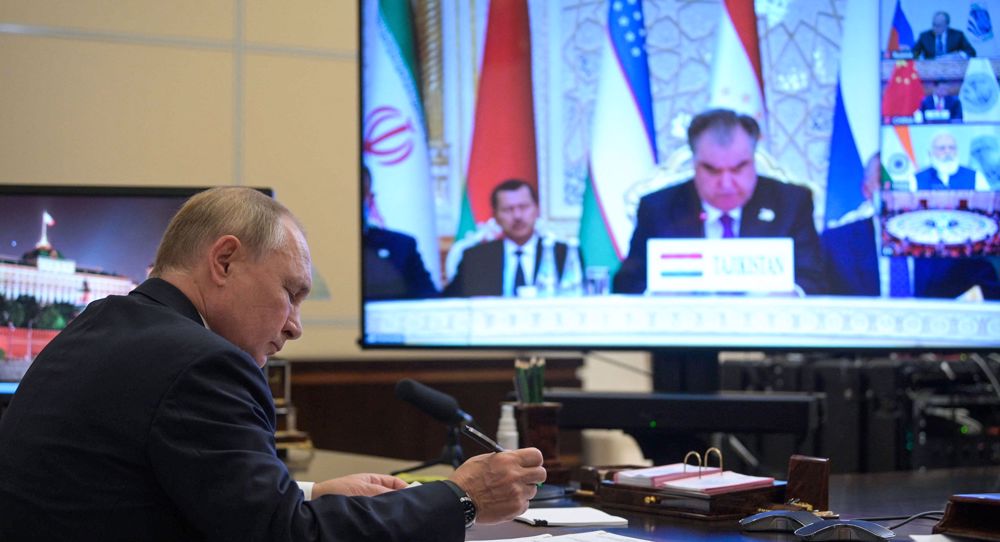
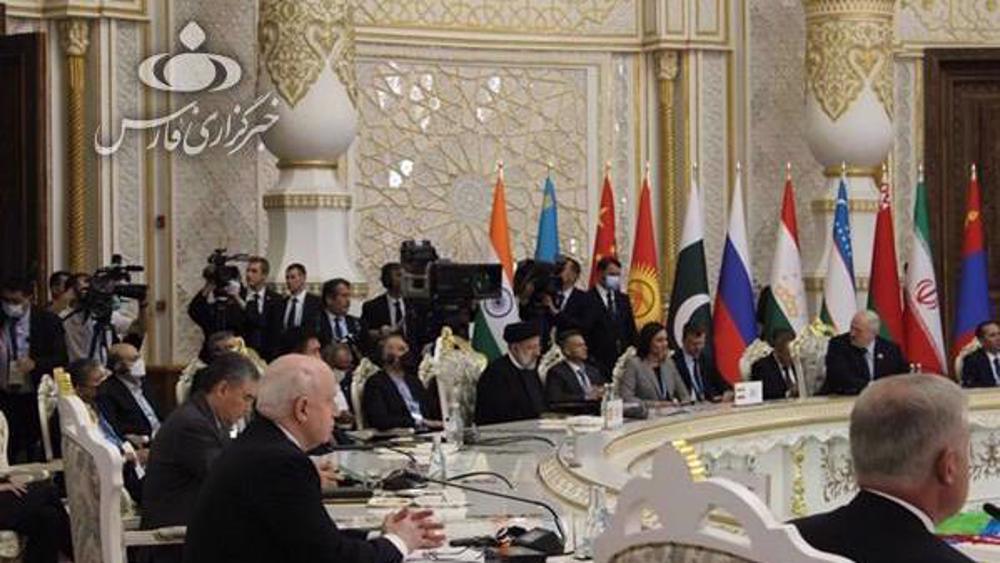
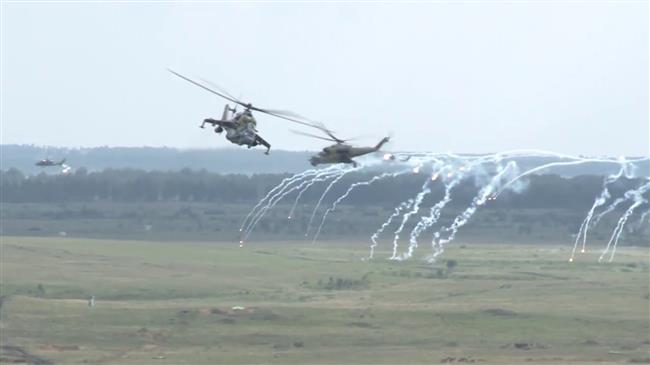
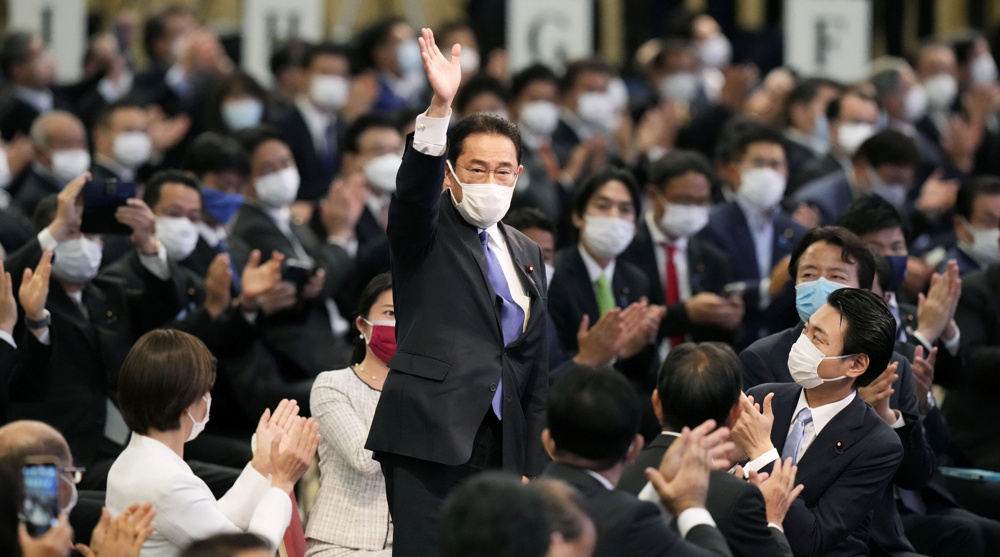
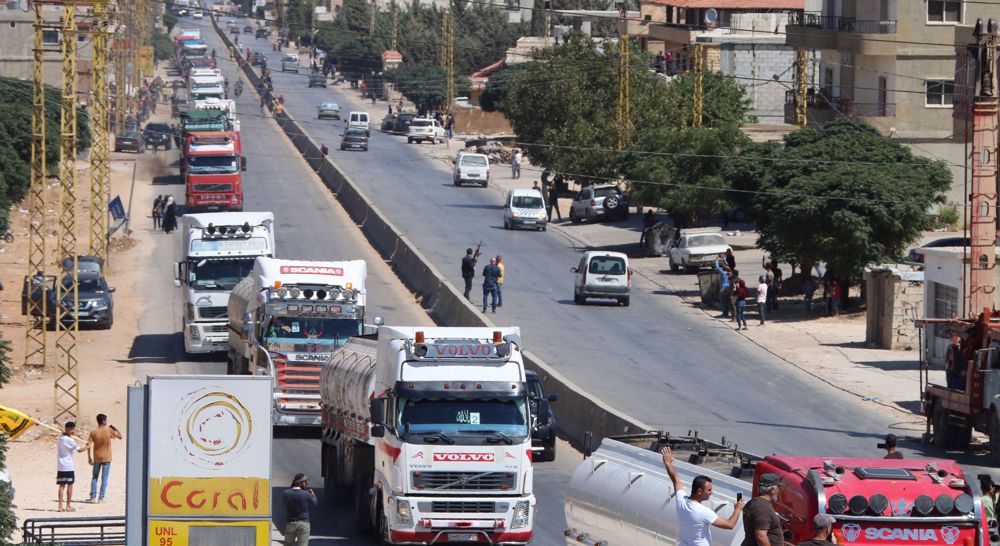
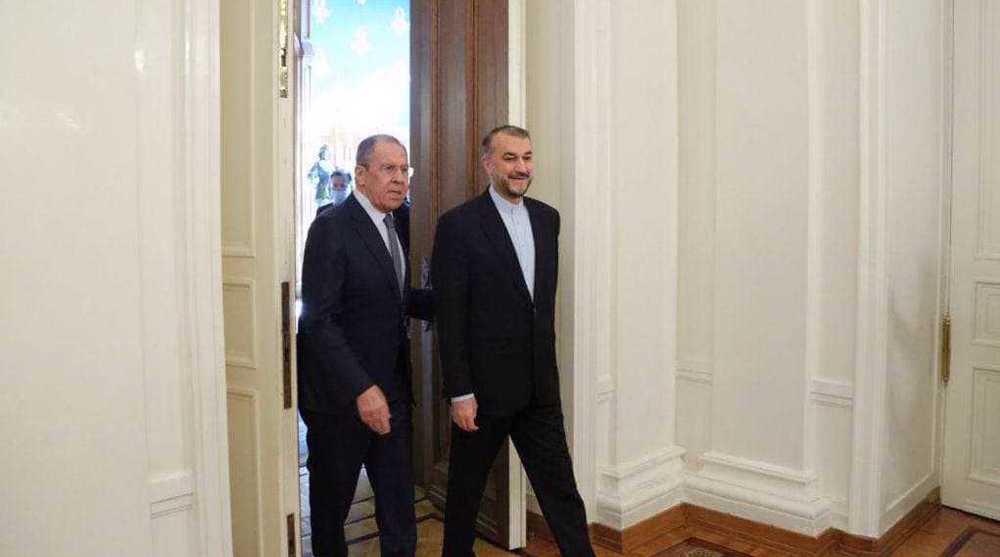



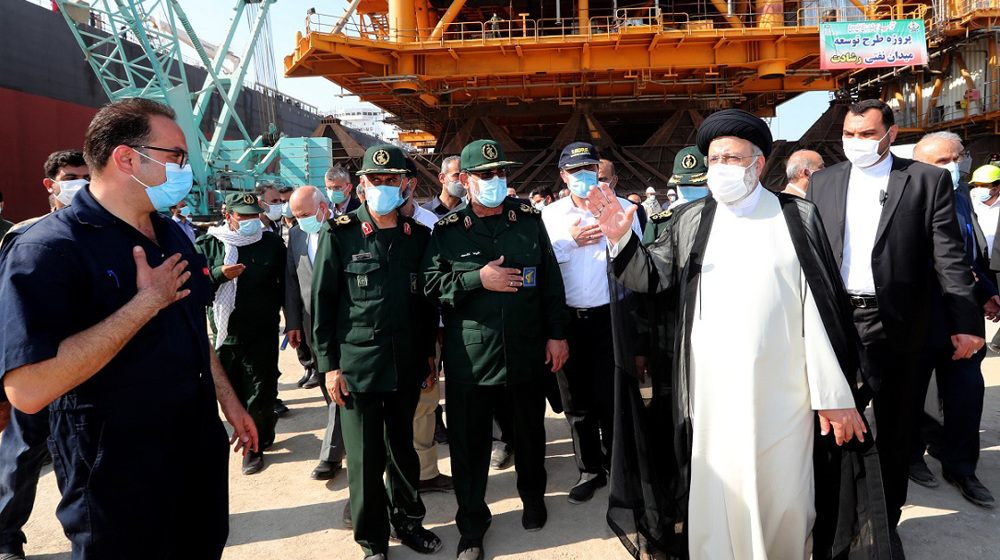
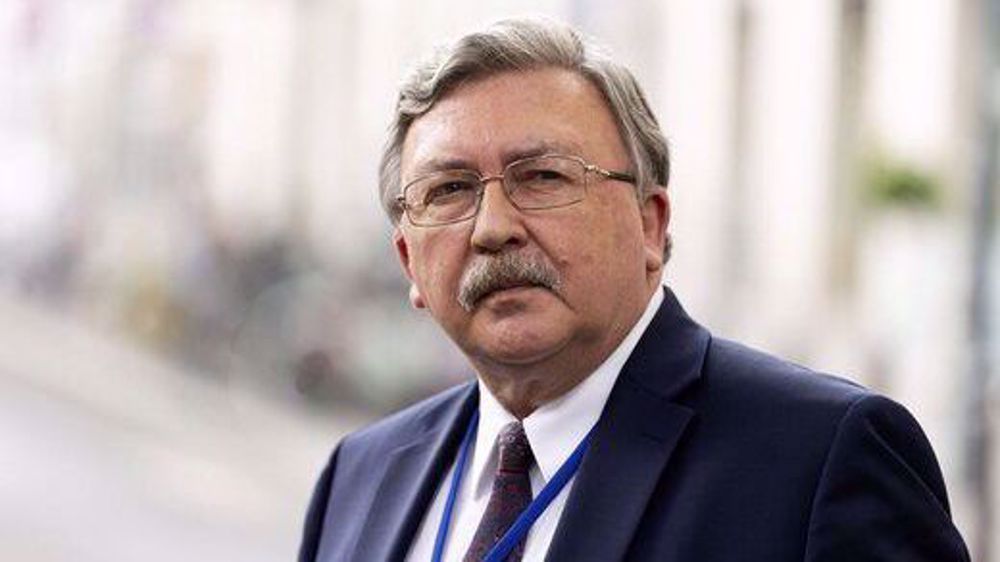
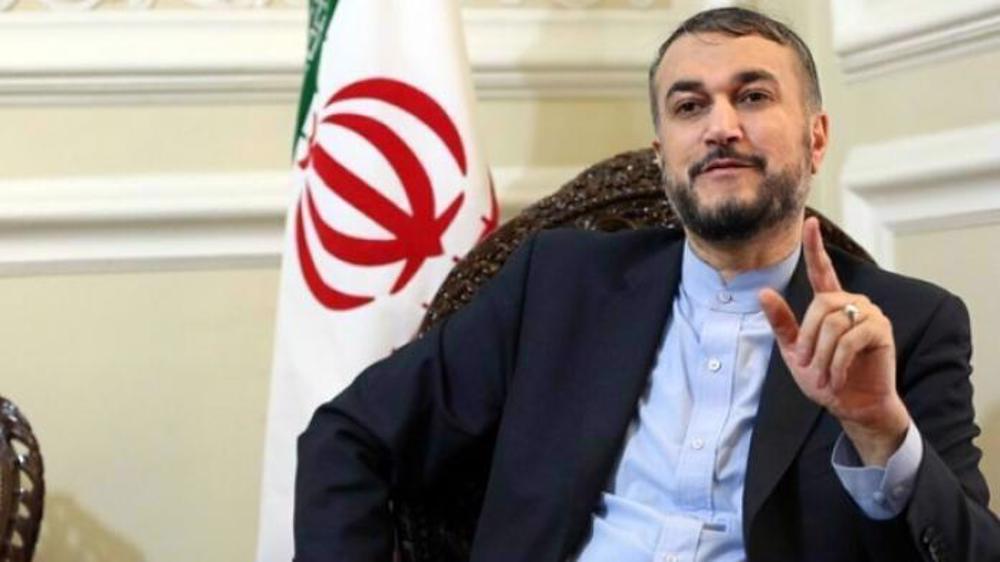
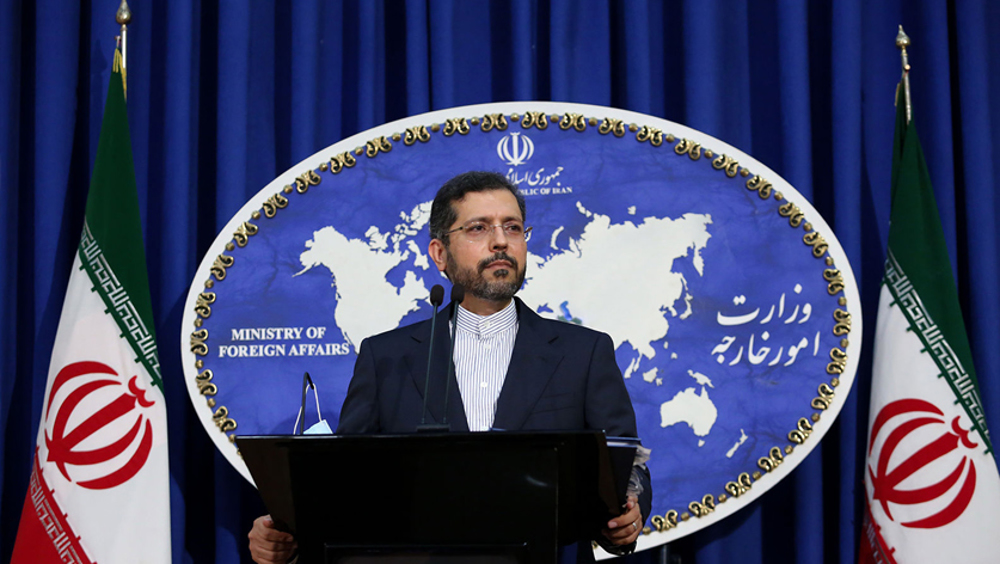
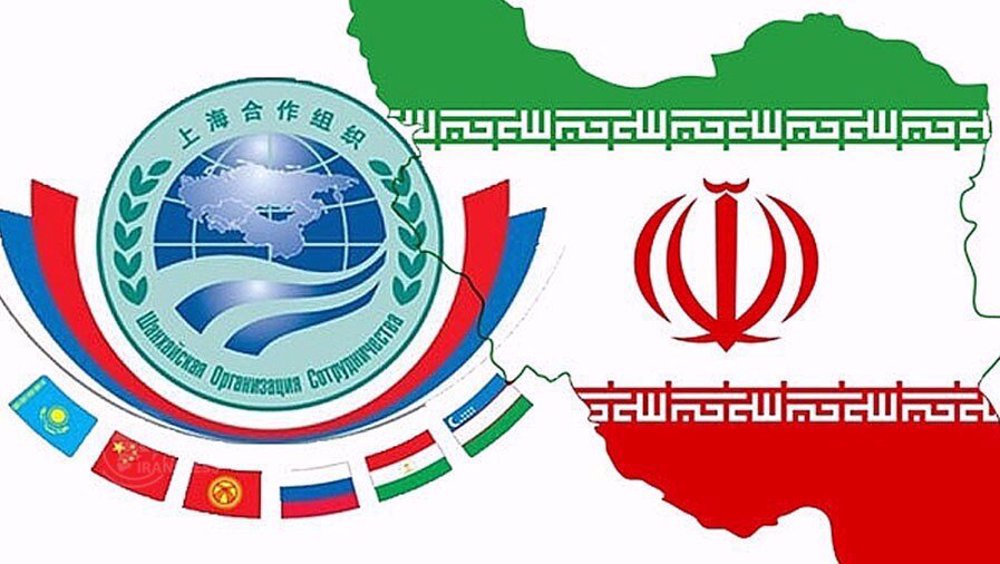
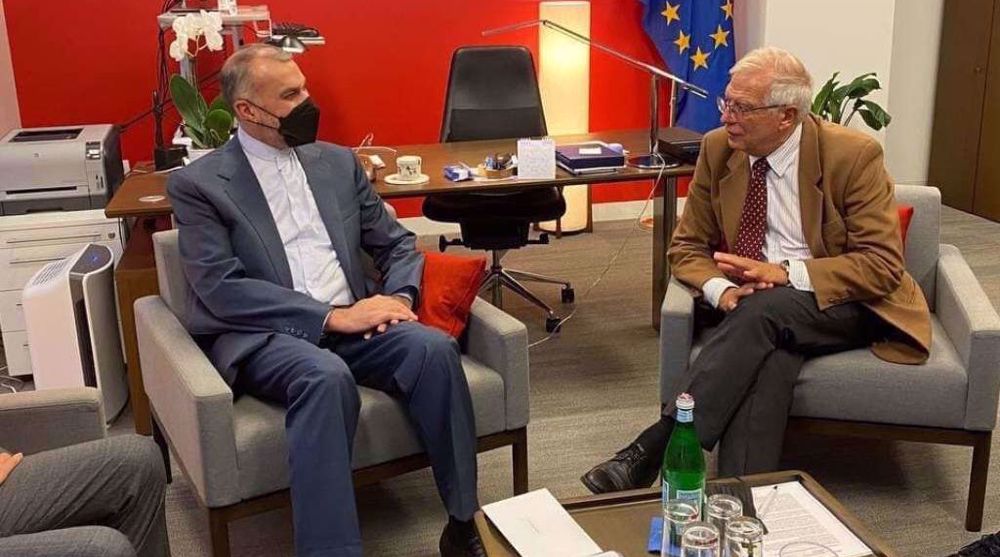
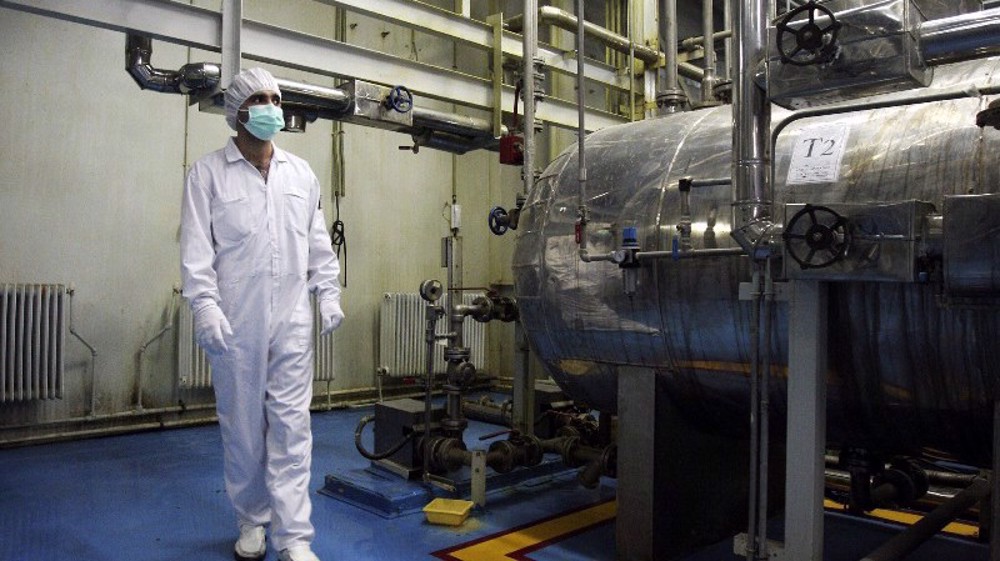

 This makes it easy to access the Press TV website
This makes it easy to access the Press TV website